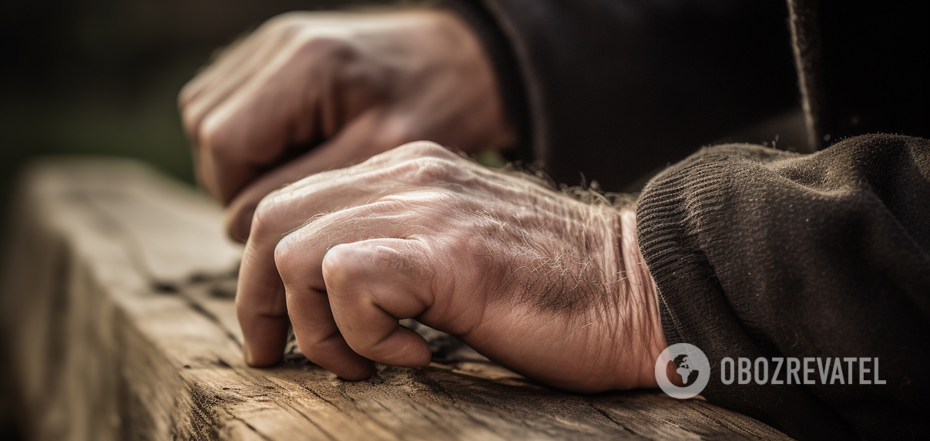Life
Why we knock on a tree for good luck: the meaning of an outlandish superstition
You have probably done this more than once: bragged about something like no speeding tickets or shared some plans and then immediately knocked on the nearest wooden surface. In Ukraine, wishing a person to pass some ordeal without complications or to avoid losing luck or health, they say: "Knock on wood". And have you ever wondered where this custom might have originated?
The Conversation investigated the subject. It turns out that it supposedly goes back to pagan times in Europe. The usual explanation is that the inhabitants of the wooded continent would call on the spirits in the trees to ward off trouble or thank them for help and luck. According to Brewer's Dictionary of Phrases and Fables, 'traditionally some trees, such as the oak, ash, hazel, hawthorn and willow, had sacred significance and therefore protective powers'.
The same hypothesis indicates that Christian reformers in Europe may have deliberately changed a pagan custom, giving it a more acceptable meaning to the church. They associated the touching of the tree with the cross on which Jesus was crucified. However, there is no material evidence for this hypothesis.
Meanwhile, the Oxford English Dictionary traces the phrase "to touch a tree" only to the early 19th century. It then appeared in a British children's game called Tiggy-touch-wood, in which children could "free themselves from capture [by] touching a tree". However, since folklore is mostly passed on by word of mouth and recorded in writing with a long delay, the phrase and ritual probably appeared before it made its way into the dictionary.
Contemporary researchers describe people's habit of knocking on wood as an almost automatic action, which they learn as a child and use to "undo" any negative consequences of their actions, words or decisions. Such actions also include spitting over the left shoulder and spilling salt over it.
Anthropologist Bronisław Malinowski explains such actions with the "anxiety-ritual theory". According to this theory, our psyche, in order to cope with anxiety caused by uncertainty, makes us turn to magic and ritual to gain a sense of control. So, in this way, we simply reduce the pressure of negative emotions.
OBOZREVATEL previously told about a similar magical action that allows you to "cleanse" an inappropriate gift that may portend misfortune.



























